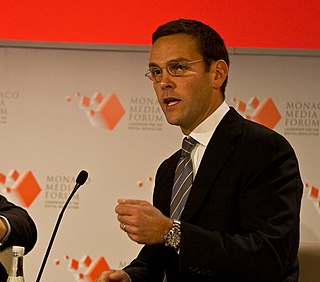A Quote by James Gleick
A bit, the smallest unit of information, the fundamental particle of information theory, is a choice, yes or no, on or off. It's a choice that you can embody in electrical circuits, and it is thanks to that that we have all this ubiquitous computing.
Related Quotes
In an information economy, entrepreneurs master the science of information in order to overcome the laws of the purely physical sciences. They can succeed because of the surprising power of the laws of information, which are conducive to human creativity. The central concept of information theory is a measure of freedom of choice. The principle of matter, on the other hand, is not liberty but limitation- it has weight and occupies space.
Neuroscientists talk a lot about brain circuits. In fact, the word 'circuit' is probably misleading. We do not know where most circuits begin and end. And unlike an electrical circuit, brain connections are heavily reciprocal and recursive, so that a direction of information flow can be inferred but sometimes not proven.
In my [Impossibility] theorem I'm assuming that the information is a ranking. Each voter can say of any two candidates, I prefer this one to this one. So then we have essentially a ranking. It's a list saying this is my first choice. This is my second choice. Each voter, in principle, could be asked to give that entire piece of information. In the ordinary Plurality Voting, say as used in electing Congressmen, we generally only ask for the first choice. But, in principle, we could ask for more choices.
What makes a media company successful is how it copes with competitive markets in which people have a choice. Competition today is at a more intense level than it has ever before been because the barriers to providing information in the virtual world are so low and the choice of provider nearly infinite.
































